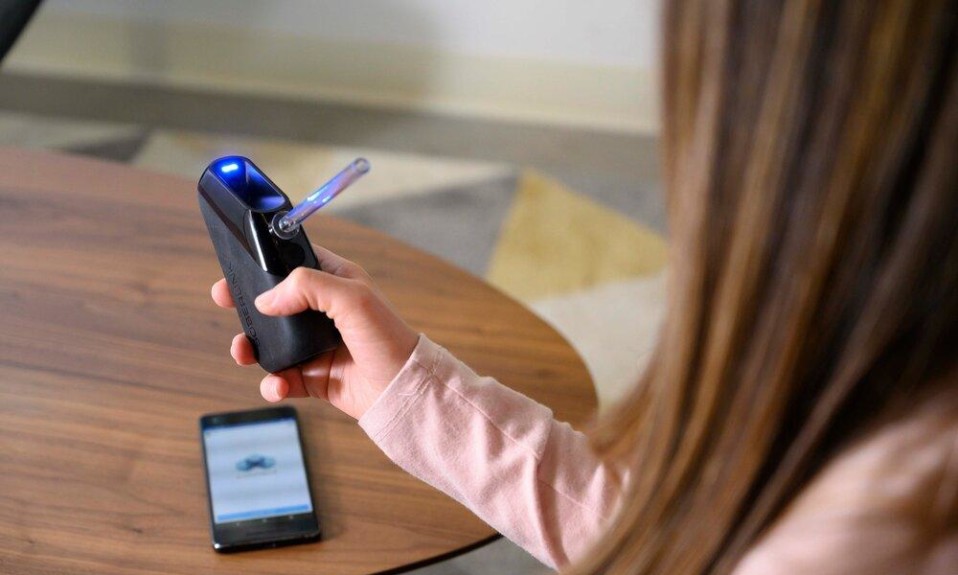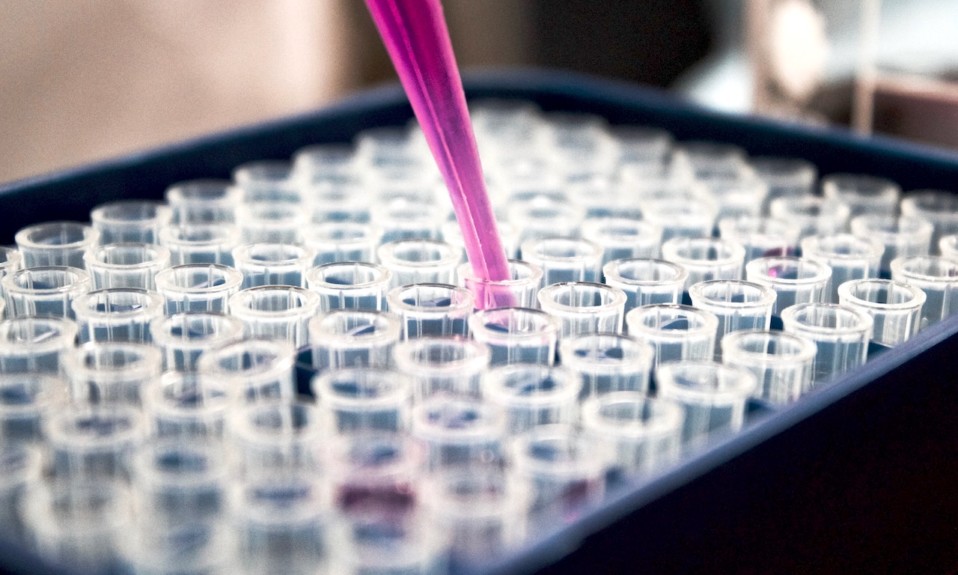SoberLink’s alcohol breath test offers accountability and helps ease stigma
By Jason Langendorf
August 18, 2020
Guilt and stigma too often weigh down and hamper progress for people with alcohol use disorder (AUD)
Well-intentioned individuals in the grip of addiction sometimes slip, and their loved ones may feel betrayed. Yet, “checking in” constantly with family and friends about each step of a recovery journey—good and bad—can be awkward or uncomfortable, leaving the person in recovery feeling unsupported and Big Brother’d. Even those abstaining from alcohol and faring well in recovery report facing outside skepticism and suspicion.
Integrating breath-test devices, facial-link recognition technology and cloud-based software, Soberlink is aiming to help “empower those in recovery with remote monitoring of alcohol use and sharing results with recovery circles in real time.”
In this edition of “Treatment Tech,” we look at a device developed to address this pain point for individuals and their circle of sobriety accountability.
Soberlink, a tech company founded in 2010 and based in Huntington Beach, California, is designed bridge the gap. Integrating breath-test devices, facial-link recognition technology and cloud-based software, Soberlink is aiming to help “empower those in recovery with remote monitoring of alcohol use and sharing results with recovery circles in real time.”
The functionality for the user is fairly simple: Blow into what amounts to a remote breathalyzer —either an all-in-one cellular handheld device or a similar model that connects to a smartphone. The device confirms the identity of the user using built-in facial recognition tech, determines the user’s sobriety compliance, and then sends a report to the user’s designated contacts.
Customizable testing schedules, text reminders, alerts for contacts and periodic automated reports help prompt the individual to test themselves regularly and on time, and then pass that information along to a preprogrammed list of data recipients. Soberlink’s proprietary tamper-detection technology adds another layer of assurance for all parties as part of the process of establishing full transparency.
“Customizable testing schedules, text reminders, alerts for contacts, and periodic automated reports help prompt the individual to test themselves regularly and on time, and then pass that information along to a preprogrammed list of data recipients.”
Soberlink’s goal is to help participants build “accountability and structure,” while allowing those in their community circle to rebuild trust and “support in the recovery process.”
Soberlink is also FDA-approved for healthcare facilities, keeping patients connected with treatment providers, and can be used in workplace-compliance programs. Soberlink reports it “has partnered with major airlines and physician’s health programs to provide real-time alcohol testing as an alternative, or adjunct, to urine testing.”
This tech product has received positive reviews from executives and caregivers at Hazelden Betty Ford Foundation, Caron Treatment Centers and Promises Treatment, among others.
That said, Soberlink presents the user with some of the same challenges they’d find in a smartphone: namely reception range (the company partners with Verizon) and cost (device plans that range from $249 to $599, plus a $199 monthly charge for the Soberlink Share Program).
For many, though, a device and service that can help create accountability, remove doubt and bring a certain peace of mind to the recovery process—on all sides—will be worth the cost.












